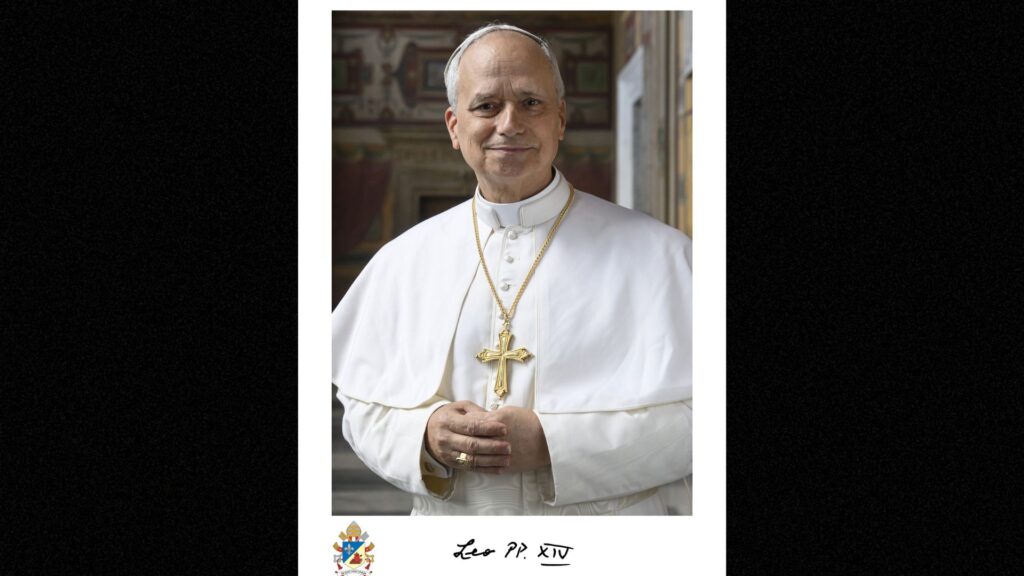Have We Lost Faith And Can The New Pope Restore It?
Back in the day, religion served as a guiding light to understanding what humanity was incapable of explaining, from natural phenomena to our own existence.
Since then, that has evolved with the emergence of new technology and scientific discoveries that greatly affect our understanding of the world and the role our belief systems play.
We have drifted away from religion more and more with the passing of each generation, yet its impact in global politics and social issues remains implacable.
On May 8, the world watched as Cardinal Robert Prevost was chosen as the new pope during the conclave. He is the first American to serve in that position.
Prevost chose to adopt the name Pope Leo XIV to honor his predecessor Pope Leo XIII, who was known for being a defender of the working class. The new patriarch emphasized the need for empathy and unity in his inaugural address to the public.
The words “peace be with you” resonated in St. Peter’s Square as Pope Leo XIV spoke to crowds of excited people, waving their nation’s flags.
In my opinion, the world needed to hear these wise words to bring some sense into the absurdity and political conflict we’ve been experiencing.
The former cardinal has impressive credentials. He spent 20 years as a missionary in Peru, demonstrating that he is a “Pope of the Americas,” as CNN senior correspondent David Culver said.
But if he was such an exemplary candidate, why was his election such a surprise to many?
To understand this, it’s important to first acknowledge that the Roman Catholic Church is the oldest religious institution on Earth. It traces its roots back to the first century.
The organization is known for their promotion and preservation of old conservative values and tradition, all of which goes against the possibility of having an American candidate chosen.
In recent years, the church has received criticism for their opposition to the inclusion of women in priesthood ordination, contraception, abortion, same-sex marriages and euthanasia.
Scandals of child sexual abuse have also surfaced in the last few decades, completely damaging the Vatican’s reputation and image.
Due to this, there’s been a great decline of faith in the church and its teaching of the Bible.
According to the Pew Research Center, the amount of Americans who currently identify as Catholic is down to 20%.
That attrition can also be attributed to the glorification of the pope’s image. The general public feels disconnected from the pontiff and his institution.
The former Pope Francis revolutionized the Catholic Church by becoming the first to adopt a pastoral approach to the papacy. He allowed his humanity to shine through, made himself accessible to the people, and focused on providing social justice by formally addressing the many controversies.
Leo XIV has mentioned his intent to continue his predecessor’s legacy and promotes the idea of building bridges through dialogue and empathy rooted in inclusion.
During a time of international turmoil, the new sovereign could play a key role in the events that unfold in the future, especially in United States policy.
Followers of the church and leaders across the world await curiously to see what path Pope Leo takes. Will he fulfill the expectations of the Vatican and return to more conservative ways, or will he challenge the norms and set new standards, following in his forerunner’s footsteps?

